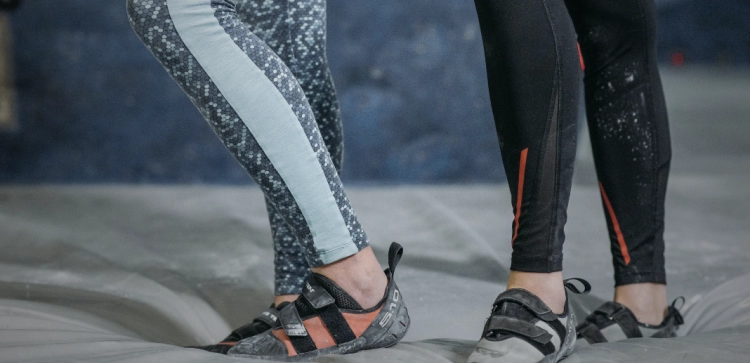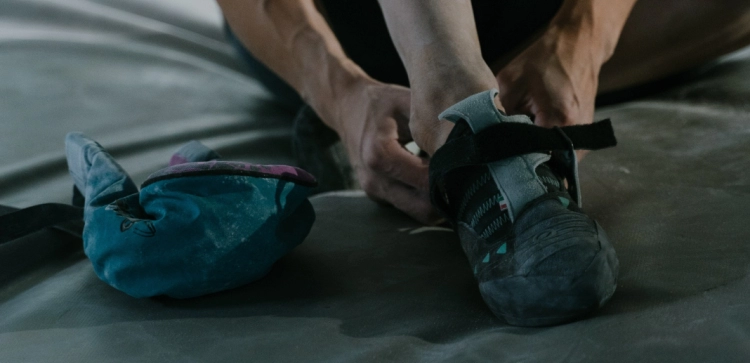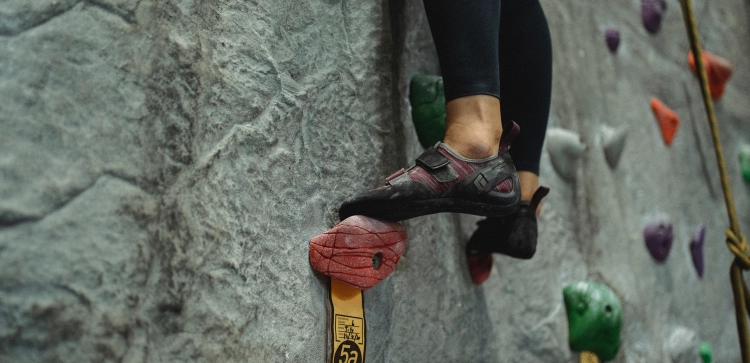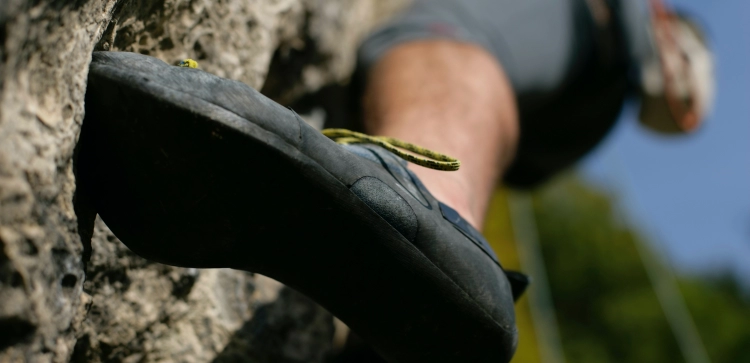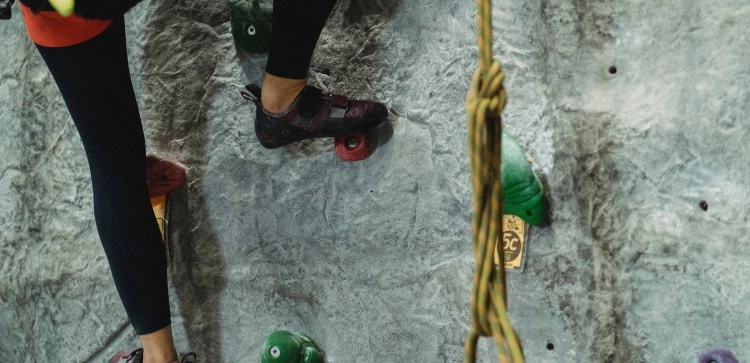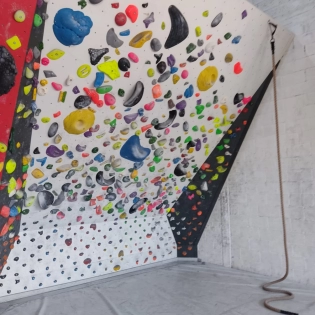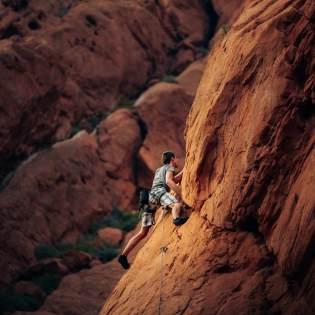How Do You Approach Climbing On Routes Requiring Flexibility?
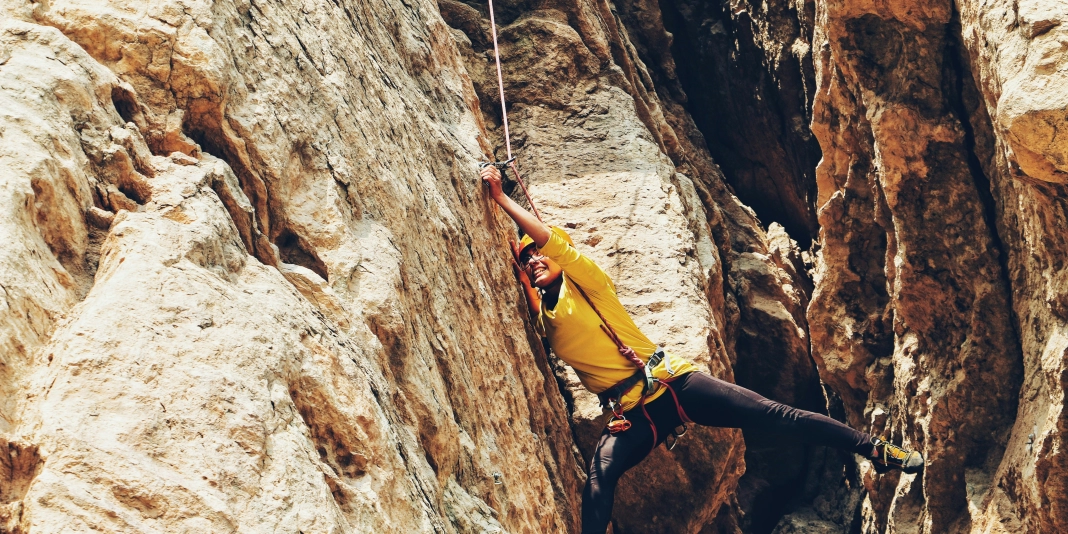
Embarking on routes with intricate sequences that demand flexibility is a thrilling challenge for climbers. In this comprehensive guide, we'll delve deep into the art of approaching such routes with finesse, emphasizing the pivotal role of body flexibility, providing detailed strategies to enhance flexibility, and offering practical tips for gracefully navigating complex climbing movements.
- Understanding The Dynamics Of Climbing Sequences
- Strategies For Elevating Body Flexibility
- Practical Tips For Navigating Intricate Climbing Sequences
- Route Analysis And Mental Preparation
- Controlled Breathing Techniques
- Gradual Progression And Adaptation
- Common Questions On Flexibility And Climbing Sequences
- Can Everyone Achieve High Levels Of Climbing Flexibility?
- How Does Climbing Sequences Impact Flexibility?
- Is Flexibility Equally Important For Indoor And Outdoor Climbing?
- Conclusion: Mastering The Dance
Understanding the Dynamics of Climbing Sequences
The Intersection of Flexibility and Precision
Climbing sequences are a symphony of movement, where the interplay between flexibility and precision defines the climber's performance. The ability to execute precise moves hinges on the climber's flexibility, allowing for nuanced adjustments and adaptability. Flexibility becomes the silent partner in achieving a harmonious and controlled ascent through intricate sequences.
Adapting to Unconventional Movements
Intricate climbing sequences often introduce unconventional movements that challenge the climber's body in unexpected ways. A flexible body is akin to a versatile instrument, capable of adapting to the unique demands presented by each hold and position. Whether it's a high heel hook or a dynamic reach, flexibility empowers climbers to embrace and conquer the unconventional movements inherent in intricate sequences.
Strategies for Elevating Body Flexibility
Dynamic Warm-Up Routine
A dynamic warm-up routine is not just a preliminary ritual; it's a deliberate investment in preparing the body for the intricate dance that lies ahead. Dynamic stretches activate muscles, lubricate joints, and increase blood flow. Begin with dynamic shoulder circles, progress to leg swings, and incorporate controlled lunges. This progressive warm-up primes the body for the dynamic flexibility required during intricate climbing sequences.
Yoga for Climbers: The Flexibility Oasis
Yoga isn't merely a supplement; it's a transformative practice that unlocks a deeper level of flexibility and mindfulness. Poses like the pigeon pose for hip flexibility and the eagle pose for shoulder mobility directly address the areas crucial for climbing. Regular yoga practice not only enhances physical flexibility but also cultivates mental focus and balance, creating a holistic approach to climbing preparation.
Progressive Stretching Sequences
Designing a stretching routine is an art in itself, requiring climbers to understand their body's unique needs. Target major muscle groups involved in climbing, paying special attention to areas prone to tightness. Progress from static stretches to more dynamic movements, gradually increasing the depth of each stretch. This intentional progression enhances flexibility across a broader range of climbing movements.
Practical Tips for Navigating Intricate Climbing Sequences
Route Analysis and Mental Preparation
The climber's journey through intricate sequences begins long before the first handhold. Route analysis is a mental exercise that involves envisioning the climb, anticipating potential challenges, and strategizing movements. Mental preparation enhances confidence, allowing the climber to approach intricate sequences with a clear plan and focused determination.
Controlled Breathing Techniques
Breathing is not just a physiological function; it's a tool for managing stress and optimizing flexibility. Controlled breathing during intricate sequences regulates the climber's heart rate, promotes relaxation, and ensures a steady oxygen supply to working muscles. Establishing a rhythmic breathing pattern becomes a meditative practice, fostering both physical and mental composure.
Gradual Progression and Adaptation
Approaching intricate sequences is a journey of gradual progression. Start with routes that challenge your current level of flexibility without overwhelming you. As your body adapts to specific movements, progressively introduce more intricate sequences. This deliberate approach not only minimizes the risk of injury but also allows for natural adaptation and continual improvement in flexibility.
Common Questions on Flexibility and Climbing Sequences
Can Everyone Achieve High Levels of Climbing Flexibility?
Flexibility, like climbing itself, is a highly individualized journey. While genetic factors play a role, consistent practice and targeted training can significantly improve flexibility for climbers of all levels. The key lies in understanding one's body, identifying areas for improvement, and dedicating focused effort to enhance flexibility.
How Does Climbing Sequences Impact Flexibility?
Climbing sequences are dynamic, ever-evolving challenges that impact flexibility in unique ways. The constant adaptation to varying holds, positions, and movements contributes to improved range of motion and flexibility over time. The climber's body becomes a resilient instrument, capable of adjusting to the demands of intricate climbing sequences.
Is Flexibility Equally Important for Indoor and Outdoor Climbing?
Flexibility transcends the boundaries of climbing environments. Whether navigating artificial holds in an indoor gym or scaling natural rock faces outdoors, flexibility is a universal asset. Intricate sequences can manifest in various settings, and a flexible body enhances a climber's ability to adapt to the diverse challenges presented by both indoor and outdoor climbing.
Conclusion: Mastering the Dance
Approaching climbing routes with intricate sequences demands a delicate dance between flexibility and precision. As climbers embrace the fluidity of movement, enhance body flexibility, and adopt strategic approaches, they master the intricate dance of climbing. May your climbs be graceful, your movements fluid, and your flexibility ever-expanding.

